Maybe this only happens in chrome latest version.
Some weird behavior for the negative exponent value only in the Chrome browser.
I already checked with different browsers & find it really weird. As FireFox & Chromium will show the exact same result while Chrome latest version will show the different result for some of the examples. And I don't know what's going on?
Here are my findings for different browsers...
FireFox
Chromium
Chrome
Weird Thing!!
For the Math.pow(10,-4) and Math.pow(10,-5), the answer should be 0.0001 and 0.00001 respectively but why chrome's latest version shows0.00009999999999999999 and 0.000009999999999999999 respectively!!
Can anyone have an explanation for the above scenario that why chrome is doing like this?
FYI - All browser's version already mentioned in images.


